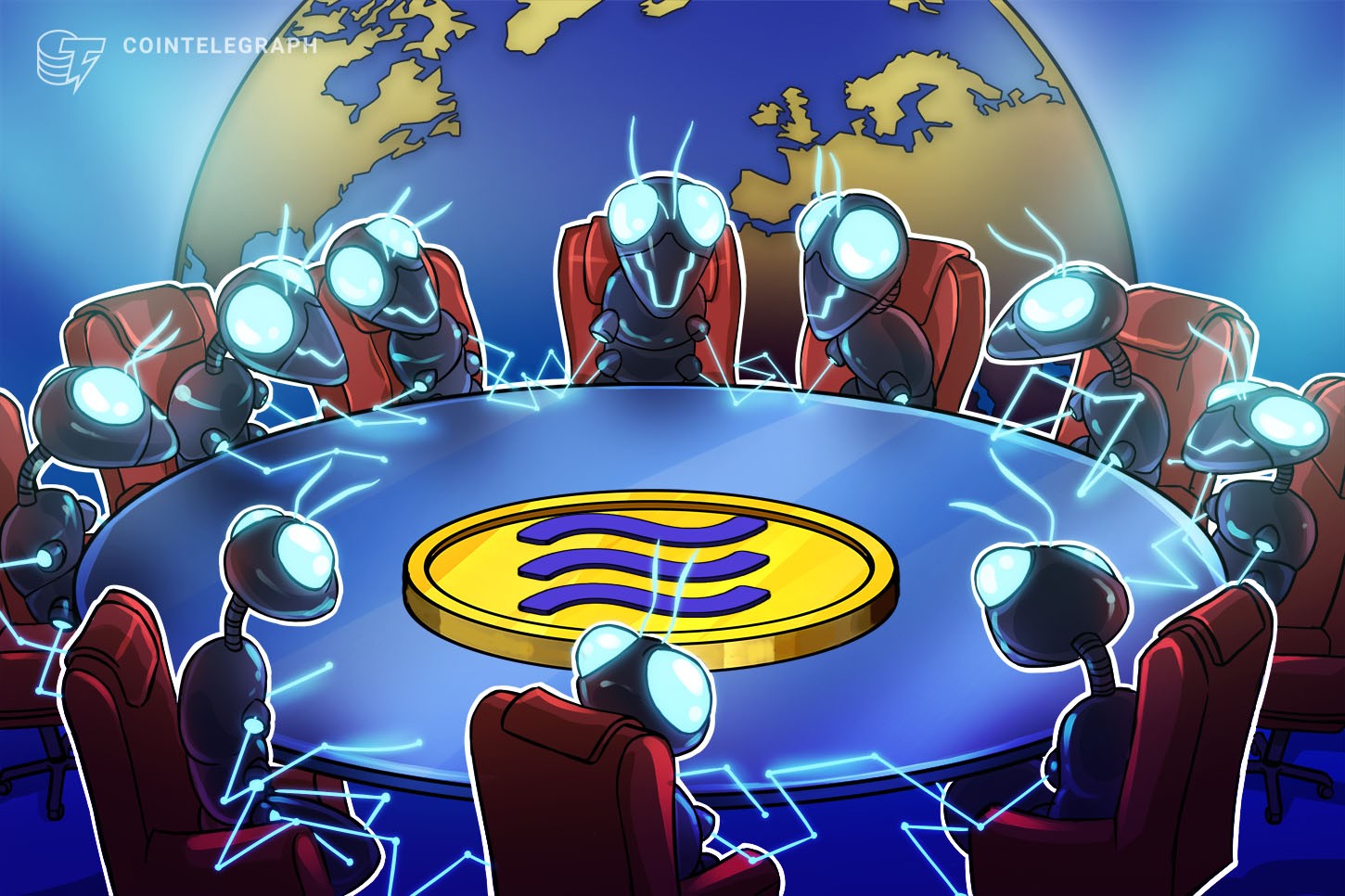David Marcus, the head of Facebook's Calibra wallet, has set forth arguments in favor of blockchain-based payment networks.
In a Sept. 25 blog post, Marcus pointed out shortcomings of existing payment systems such as regional and international networks, including SWIFT and RT1, central banks and others.
Marcus began by noting the weakness of the underlying infrastructure of the current system — limiting its efficiency and reach.
In one case, Marcus wrote, an individual can send and receive funds from within one wallet, while not being able to do the same between wallets from different companies. He went on to explain:
“Depending on the setup, moving money from point A to point B requires a number of intermediaries to be involved, and often demands liquidity pools to be readily available at point B for consumers to get their money out in a timely fashion.”
Advantages of blockchain payment networks
When it comes to a blockchain-based payment network such as Facebook’s forthcoming Libra stablecoin, Marcus said users can carry out near real-time cross-border transfers at a low cost and with no need of liquidity pools of various currencies. He added:
“This would in turn massively reduce costs by eliminating the need for so many intermediaries, and operational complexity and overhead, thus increasing innovation and access. People would benefit from more ease when they want to send and receive money, and the barrier of access to modern digital money and financial services would be greatly lowered.”
Other blockchain-based payment solutions
An array of leading financial companies are working on solutions that could replace traditional payment methods with blockchain-based systems. Earlier in September, Mastercard partnered with blockchain firm R3 to develop a cross-border payment solution.
American financial services company Wells Fargo & Company also revealed plans to launch a pilot of a distributed ledger technology-based platform designed to perform internal book transfers of international payments within its global network using digitized cash.


